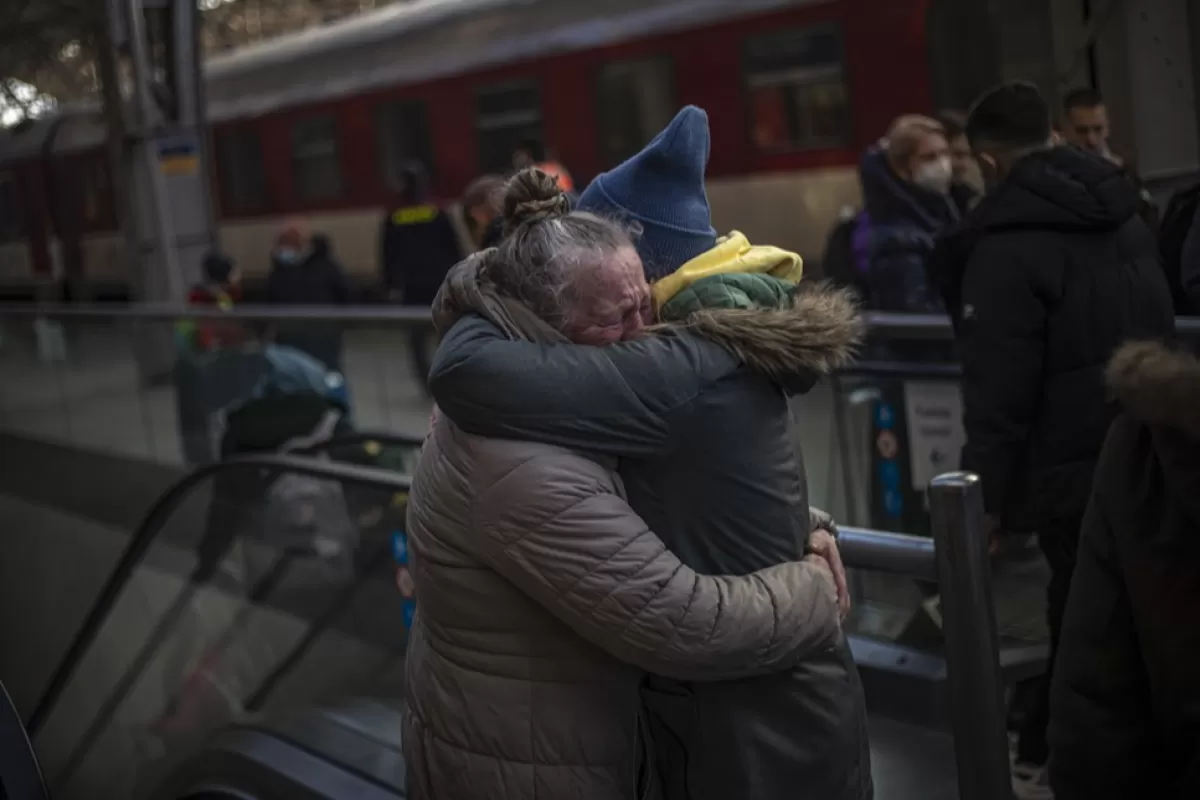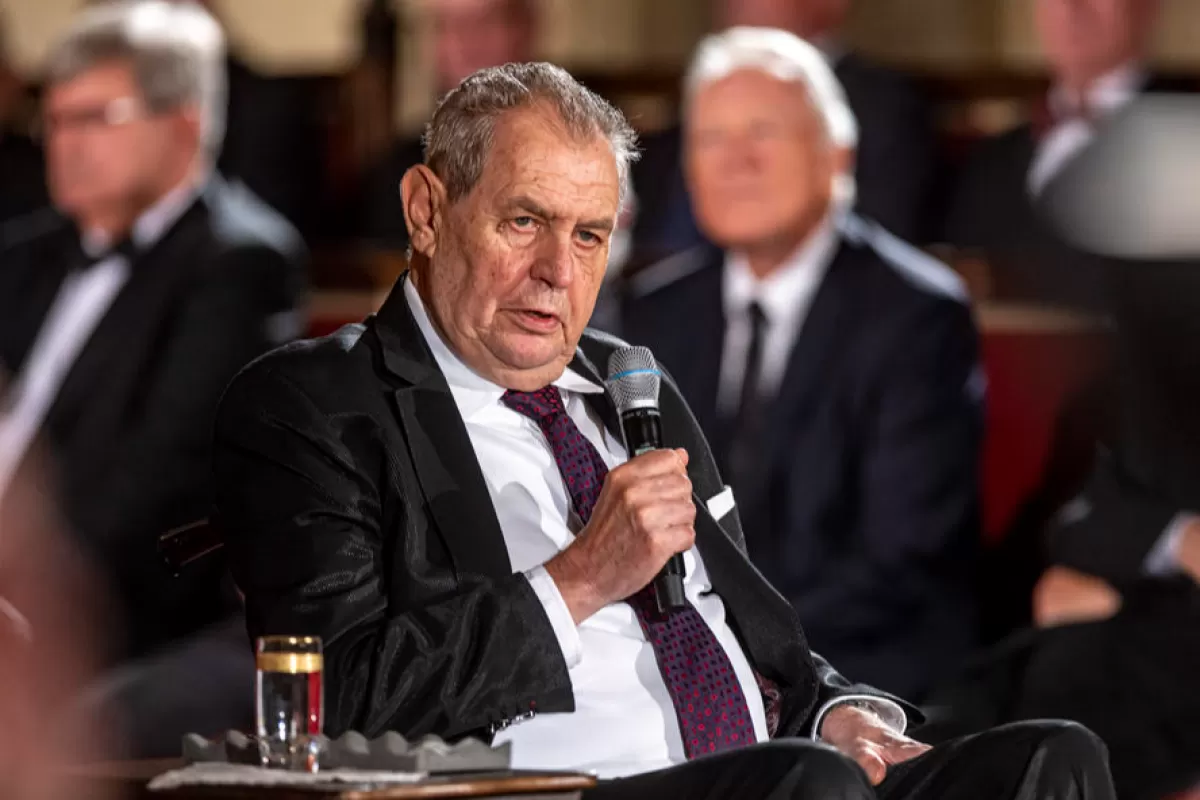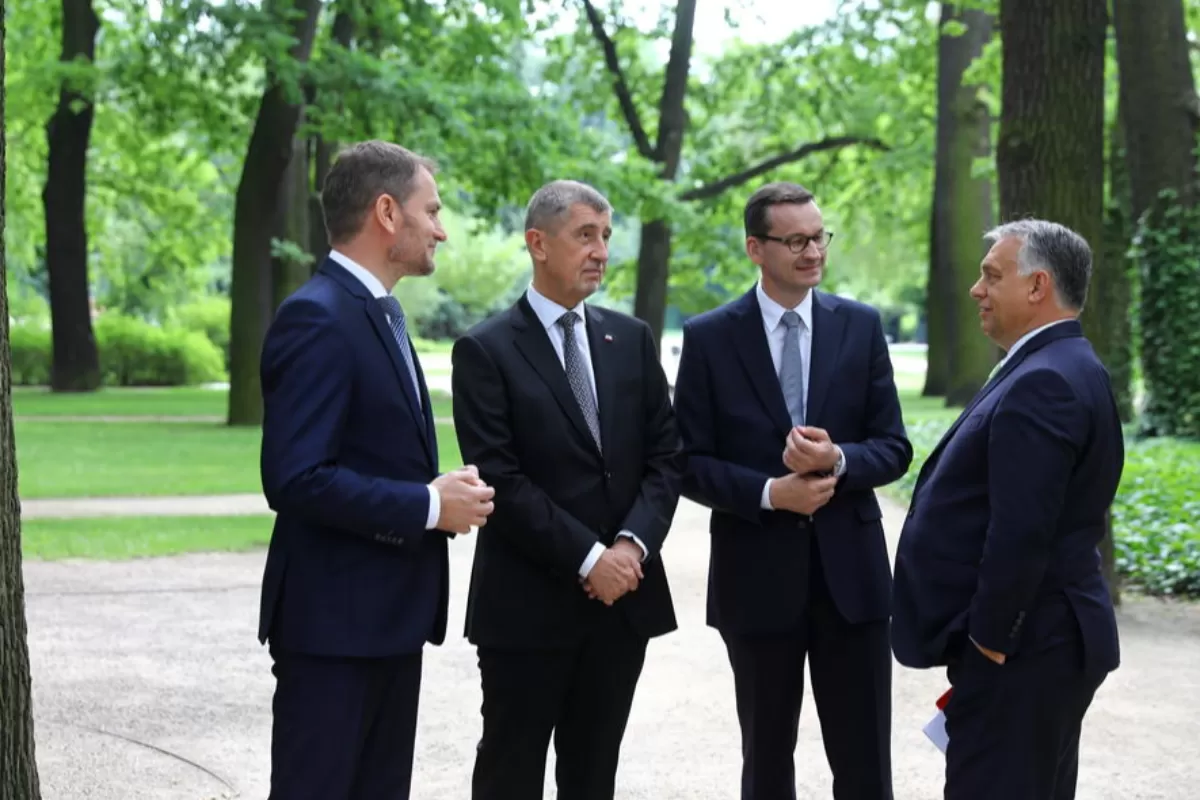
Elections in Slovakia were closely followed in Prague, as the results may serve as an indicator of the direction in which social moods might evolve in the Czech Republic.

Pro-Russian narratives are spreading in the Czech Republic despite Prague’s efforts to stop them. A treaty with the US is their latest target.

Since Petr Pavel took office, the Czech presidency is more transparent and promotes issues such as the protection of the environment and minorities. Externally, Miloš Zeman's openness to Russia and China has been replaced by support for Euro-Atlantic policies and Ukraine. On the other hand, the pro-European government is in an image crisis, and anti-poverty and anti-Ukraine demonstrations continue.

The Czech presidency seems poised for a major shakeup, as retired general Petr Pavel is preparing to take the office from Miloš Zeman. Unlike his predecessor, a pro-Russian and pro-Chinese politician with a knack for challenging the country’s Constitution and governments, Pavel is staunchly pro-Western and he vowed to cooperate with the equally pro-Western government. The president-elect also expressed his support for Ukraine, and caused a (for now) minor row with China.

As Czech presidential elections are nearing, populist parties are trying to gain support from pro-Russians by exploiting the issue of Ukrainian war refugees. Most Czechs continue to view refugees positively, but a growing minority believe they are a burden.

For almost ten years the Prague Castle, the seat of Czech presidents, was one of the most pro-Russian and pro-Chinese places in the European Union. Miloš Zeman will leave office on March 8. It is too early to say who will succeed him, but we can already certainly say that the style and content of the presidency will change fundamentally.

The Czech Republic has been one of Ukraine’s staunchest supporters ever since Russia launched its large scale of the country, in February. However, pro-Russian groups are increasingly active in the Czech Republic, and they are trying to capitalize on the population’s financial and economic worries.

The Visegrad Group (V4) acted, for years, in concert to give the populist leaders of Central European countries some levarage against the other EU countries. The war in Ukraine caused a rift within the V4, as Hungary prefered to preserve as much as possible its relationship with Russia, much to the dismay of its partners.